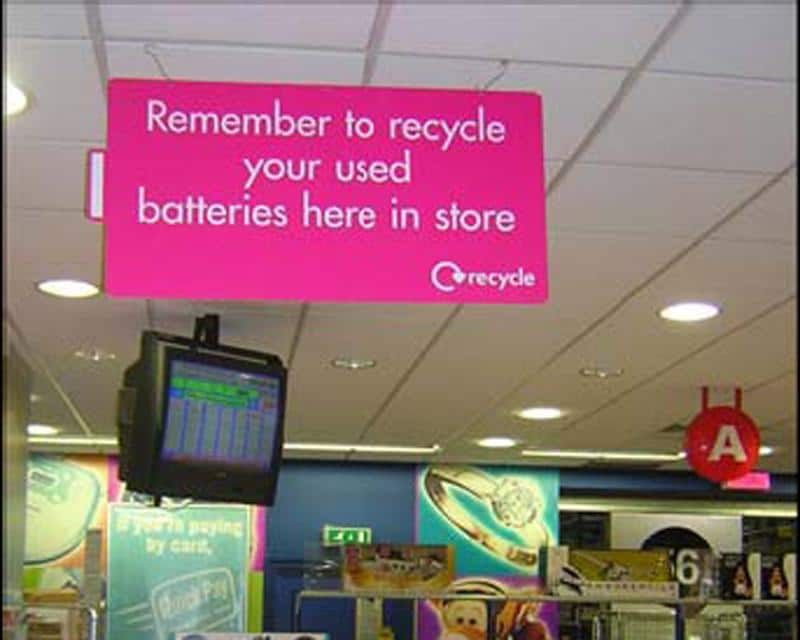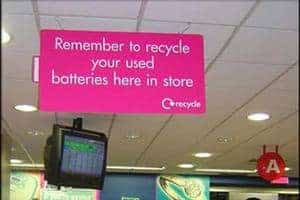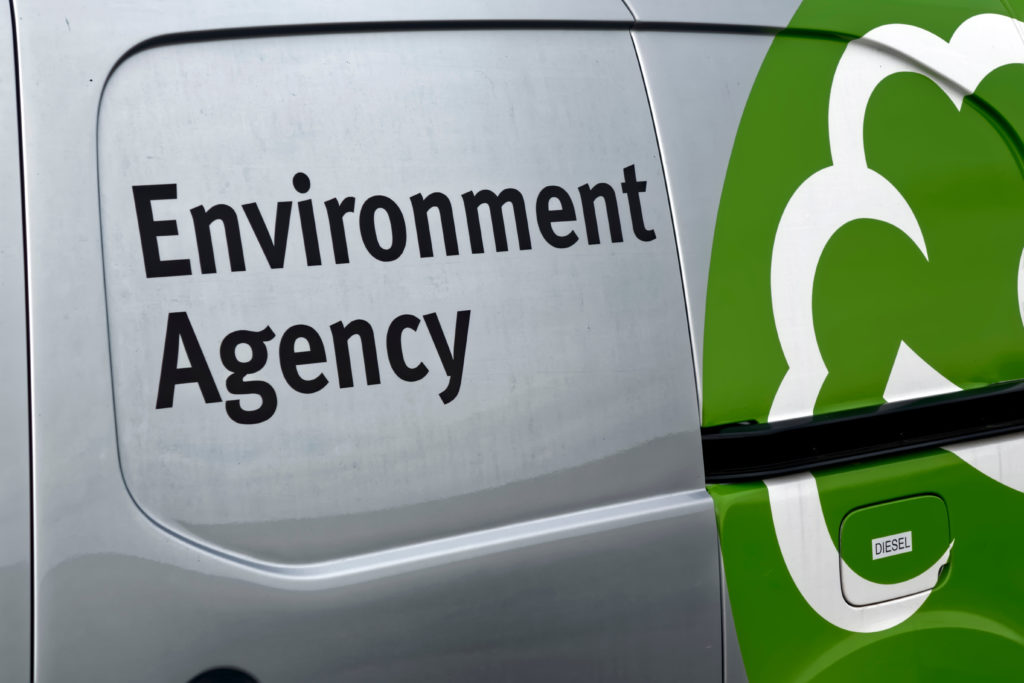While environment minister Huw Irranca-Davies this morning urged householders to take their waste batteries to retailers and “local newsagents”, one of the six batteries compliance schemes said it believed smaller retailers were “unaware” of the new regulations.
Staff in a Boots shop in central London visited by letsrecycle.com had no knowledge of the regulations and said no collection facilities were provided, while staff in a Costcutter were bemused and were unaware of the legislation.
However, a staff member in a Sainsbury's 'Local' was more informed. While she advised a letsrecycle.com member of staff to put waste batteries in with their normal kerbside collection, she did suggest that Sainsbury's larger stores would have collection facilities available.
Investigation
Concerns over low levels of awareness were articulated by Wastecare, which is running the BatteryBack compliance scheme alongside Veolia.
In a statement, it said: “It is thought that many smaller battery retailers haven't claimed a BatteryCan, simply because they are unaware of the new regulations. Failure to comply could lead to an investigation from the Environment Agency resulting in fines and further enforcement.”
Under the regulations, all retailers – including online and mail-order stores – selling over 32 kilogrammes a year of portable batteries must provide free take-back, and advertise the fact that they do so.
The retailer collection route is expected to represent an important collection route as batteries compliance schemes try to meet their producer members' obligations, and the UK looks to meet its EU Directive targets for batteries recycling.
The Directive requires the UK to boost its current 3% collection rate to 25% by 2012 and 45% by 2016, with interim, non-statutory targets starting at 10% for 2010 in place to gauge progress towards these.
BRC
Retail sector trade body the British Retail Consortium today claimed its members' supported the aims of the regulations, and recognised their responsibilities under them, claiming that they were “confident” that in-store take-back collection facilities were in place.
This sentiment was echoed by the VCA, which claimed that its initial feedback had indicated a “high level” of awareness among larger retailers.
However, the VCA acknowledged that there was still work to do with smaller retailers and those selling batteries via mail order or online.
“It is anticipated that smaller retailers and those supplying batteries by distance methods, such as the internet or mail order, will potentially require further assistance in recognising and meeting their obligations,” a spokesman told letsrecycle.com.
Despite this, he said that VCA aimed to initially focus on raising awareness among retailers rather than taking action against them – a similar approach to that outlined by the Environment Agency as regulator for the producer side of the batteries regulations.
The body stressed that it was utilising the relationships it had built up as the enforcement body for the retail aspect of the WEEE regulations to build awareness and was building on communications work taken by Defra, taking “proactive approach” to spreading the message.
But, the spokesman added: “VCA has responsibility for bringing action against a distributor who fails to comply with regulations and is prepared to do so if required.”
Scott Butler, general manager for compliance scheme ERP, suggested that consumers could have a key part to play in raising retailer awareness, explaining that there was a “requirement on consumers to push and demand 'you should take my batteries back' – it could be the best way to do it.”
Importance

Informing customers isn't all down to retailers. We need a comprehensive and continuing information campaign
Bob Gordon, British Retail Consortium
However, Mr Butler questioned just how important a role retailer take-back would play in the long-term, and said: “I think it's an important start and will be good at raising awareness but over time it's likely to become less important proportionately speaking.”
Instead, he pointed towards the increasing role that routes such as kerbside collections and collections from offices were likely to play as recycling rates increased.
And, he added: “One of the interesting things will be how they interact with each other, will they be adding to the number of batteries or just taking them away from retailers by encouraging people to recycle them in another way?”
But, he also noted that small retailers, in particular those acting as the sole take-back point for waste batteries in an isolated area, could be the “hidden gems” for collections, delivering more in the long-term than major retailers, where collection points could be left competing for attention with other promotions and priorities.
Information
The importance of other players was also highlighted by the BRC, which claimed that more kerbside collections and a major, ongoing public information campaign would also be needed to increase recycling rates.
The body's head of environment, Bob Gordon, said: “Informing customers isn't all down to retailers. We need a comprehensive and continuing information campaign.
“And shops can't be the only route for collection. We need an infrastructure to develop which includes workplaces, schools, community centres and kerbside collection. All the evidence shows home collections of recyclables are easiest for customers and produce the best results. Developing these mustn't be ignored,” he added.
Results of WRAP's collection trials, published in 2008, suggested kerbside collections were the most cost-effective method of collecting waste portable batteries, while retail take-back was less popular and relatively costly (see letsrecycle.com story).
However, Mr Butler noted that, in other countries, retail take-back had proven to be a “significant contributor” towards collection rates.










Subscribe for free